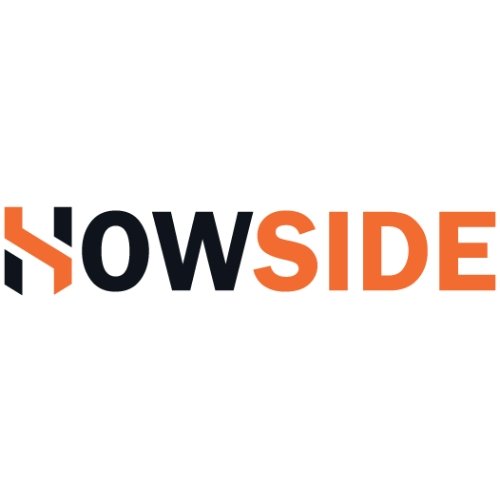In the digital age, social media has transformed nearly every aspect of our lives, and sports are no exception. For athletes, platforms like Instagram, Twitter, and TikTok are more than just channels for sharing their daily routines; they are powerful tools for shaping their careers, building their brands, and connecting with fans. Here’s a look at how athletes are leveraging social media to enhance their professional lives and achieve new heights in their careers.
Building a Personal Brand
Social media offers athletes a unique opportunity to build and promote their personal brands. By sharing insights into their training routines, personal lives, and behind-the-scenes moments, athletes can create a distinct public persona that resonates with their audience. This personal connection can enhance their appeal, making them more relatable and memorable to fans.
For instance, NBA star LeBron James has masterfully used his social media presence to craft an image of not just an elite athlete but a cultural icon. His posts often include philanthropic efforts, business ventures, and personal milestones, which collectively enhance his brand and expand his influence beyond the basketball court.
Engaging with Fans
Social media provides a direct line of communication between athletes and their fans. Unlike traditional media, which can be one-sided, social platforms allow for real-time interaction. Athletes can respond to fan comments, participate in live Q&A sessions, and engage in conversations that foster a sense of community.
Soccer player Cristiano Ronaldo, with his massive following on Instagram, frequently interacts with his fans by sharing posts about his matches, workouts, and personal moments. This direct engagement helps him maintain a loyal fan base and keep his audience invested in his career.
Attracting Sponsorships and Endorsements
A strong social media presence can be a significant asset when it comes to attracting sponsorships and endorsements. Brands are increasingly looking to collaborate with athletes who have large, engaged followings. Social media metrics such as follower count, engagement rates, and content reach are now key factors in determining an athlete’s marketability.
Tennis superstar Naomi Osaka is a prime example of how social media can attract lucrative endorsement deals. Her posts often highlight her sponsorships and partnerships, showcasing her influence and appeal to potential brands. As a result, Osaka has secured high-profile endorsements with companies like Nike and Wilson.
Promoting Events and Merchandise
Athletes also use social media to promote their own events and merchandise. Whether it’s a charity match, a personal training program, or branded merchandise, social media provides an effective platform for reaching a wide audience and driving sales.
For example, NFL player Rob Gronkowski frequently promotes his merchandise and appearances through his social media channels. His playful and engaging content helps drive interest and sales, showcasing how athletes can capitalize on their online presence to boost their business ventures.
Managing Public Relations
Social media can be a double-edged sword when it comes to public relations. While it offers opportunities to connect with fans and promote positive messages, it also requires careful management to handle any potential controversies or negative feedback. Athletes must navigate this landscape with a strategic approach, balancing transparency with discretion.
When NBA player Kevin Durant faced criticism for his decisions and behavior, he used social media to address the concerns and clarify his stance. His direct engagement allowed him to control the narrative and maintain his reputation despite the challenges.
Enhancing Fan Experience
Social media enables athletes to enhance the fan experience by providing exclusive content and interactive experiences. From live-streaming training sessions to sharing personal anecdotes, athletes can offer fans a unique glimpse into their lives and careers.
Olympic swimmer Katie Ledecky uses her social media to share training tips, race highlights, and personal moments. This content not only keeps her fans engaged but also inspires aspiring swimmers and builds a deeper connection with her audience.
Conclusion
Social media has become an indispensable tool for athletes looking to boost their careers. By building personal brands, engaging with fans, attracting sponsorships, promoting events, managing public relations, and enhancing the fan experience, athletes can leverage these platforms to achieve greater success both on and off the field. As the digital landscape continues to evolve, the role of social media in shaping athletic careers will likely grow even more significant, offering new opportunities for those who master its potential.







Leave A Comment